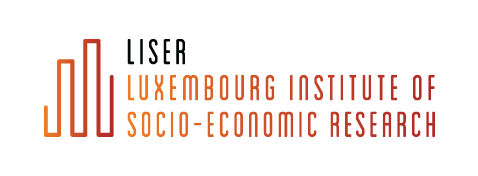Cities increasingly concentrate human activities that provide wealth but also negatively impact the environment and the health of citizens. Better understanding urban expansion forms, i.e. the relative spatial arrangement of built-up infrastructures, roads and open land as a city grows, is important in order to design policies that increase urban sustainability. Urban geosimulation models are well suited to address these questions because of their spatial disaggregation and dynamic representation of processes, leading to detailed emerging urban forms. However, the capacity to generalize findings from inductive and applied geosimulation models is hindered by context specificities. Also, the ability to draw links with residential and transport choices and related public policies is sometimes limited by the fact that interactions are not explicitly behavioural or lack micro economic foundations. This project aims at addressing these issues by contributing a book that assembles research made with spatial and dynamic agent-based simulations of urban forms where a microeconomic formalism is used and run onto abstracted two-dimensional spaces. This area of research is positioned in between geography, economics and complex systems science. It offers a solution to the above drawbacks (i) by allowing different urban forms to emerge through time irrespective of context specificities, (ii) by enlarging the set of generic policies (housing, transport or planning) that can be tested in a fully controlled environment, and (iii) by liaising environmental outcomes derived from forms with welfare and equity outputs related to the agents. This is a research area where the applicant and the host, Dr Mirjam Schindler at Victoria University of Wellington (New Zealand) have been very active in the past years with other colleagues. They devised a series of models where accessibility and land rents are traded-off by agents as in urban economic theory but with the addition of local spatial effects, such as green space externalities or pollution, and with time dependencies (dynamics) in
location decisions or in the infrastructure development.
The field today is fragmented and findings seldom unified, which limit the uptake of this theoretical research in urban planning and the consideration of its results by proximate fields. There is no competitive book today that takes stock of this economic spatial simulation literature on 2D abstract spaces and aims at consolidating it as a comprehensive theory of emerging urban forms. The proposed project consists of an 11 months research stay to co-write the book with M Schindler. The book will cover processes that lead to monocentric and polycentric urban forms, endogenous transport networks and commuting, the related environmental effects (pollution emission and exposure), their welfare and equity outcomes and potential policy fixes. In addition to the book, two related articles will be prepared during the research period that extend previous work of M Schindler and the applicant on urban models with endogenous pollution from traffic. Those papers, which will partly integrate the book as well, will introduce multi-modal networks and heterogeneities in households to better estimate pollution emissions, exposure and the related equity. A review paper will also be prepared based on the
literature review conducted in the first stage of the visit. Besides these activities, the mobility will be an opportunity to promote the ongoing theoretical and applied research of the applicant through seminars and an invited conference and an opportunity to develop new research ideas and partnerships both in New-Zealand and while stopping-over during outbound and return trips in the US (with
UrbanSim at UC Berkeley).
